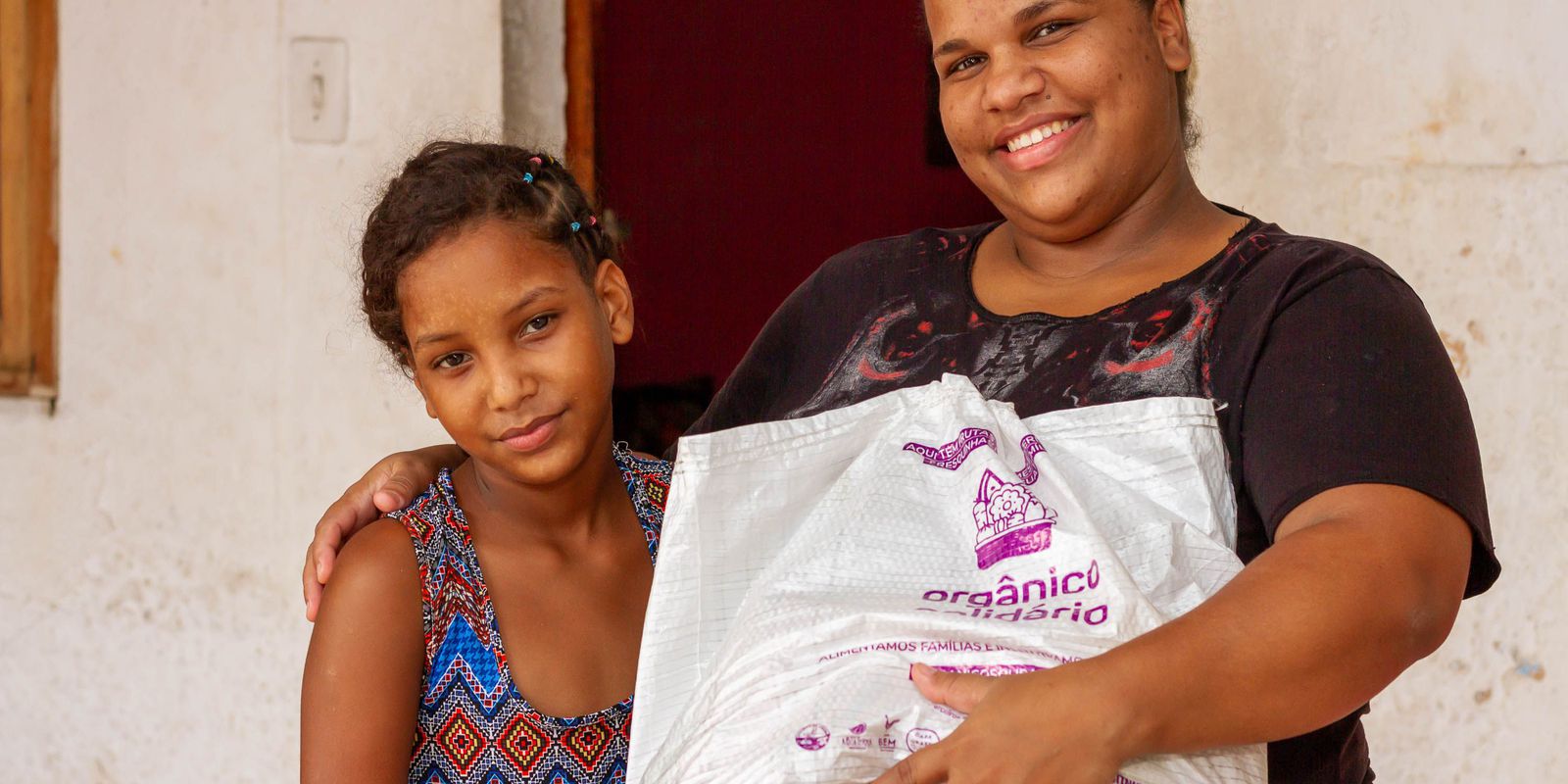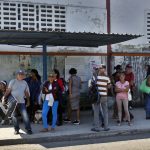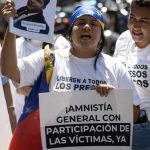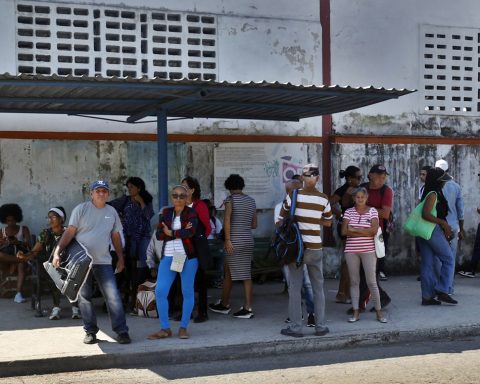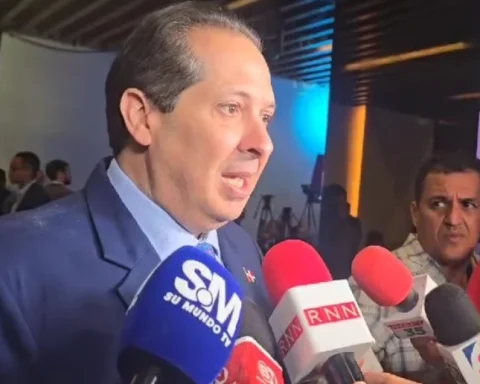In the two years of the covid-19 pandemic, the Orgânico Solidário project – a non-profit platform organized in the form of a philanthropic fund – managed to raise more than BRL 3.5 million in donations from individuals and companies, which resulted in the distribution of more than 75 thousand organic baskets to around 80 communities in four states of the country. In total, more than 500 tons of food were delivered, coming from a network made up of 100 family farmers.
The creator of the project, Aziz Camali Constantino, said the idea came about as a direct result of the impact of the pandemic. He set up a group of friendly companies and entrepreneurs and realized that it would be more efficient to think of a solution whose center was the very impact caused by covid-19. “From there, we mapped the territory of hunger because many people, at the beginning of the pandemic, were looking at health, respirators and other equipment. And we saw that when people ran out of food, any public health or education thesis would go down the drain”.
The focus, then, was not to promote a dry basket of traditional social philanthropy, which has almost no nutrition, said Constantino. “We realized that we needed to talk about food security, about agroecology. We created a fresh basket, with fruits and vegetables that, in addition to feeding something that is scarce in the periphery, generate income for the farmer, for the organic producer”, he explained.
Network
Using intelligence and technology, Orgânico Solidário does not only operate in emergencies and disasters, but is currently in six states (Rio de Janeiro, São Paulo, Santa Catarina, Paraná, Bahia and Goiás), working through more than 20 projects in communities for Brazil. Fresh food is delivered on a recurring basis, giving people dignity and accompanying the transformation of what a family is like with access to this type of healthy food.
Aziz said that it is difficult to think of a goal for 2022 in a country like Brazil, where more people die from poor diet than from lack of food, “a country that promotes agribusiness that does not feed anyone. We realize that delivering food is a premise.” He recalled that, unfortunately, Brazil currently produces less vegetables than Japan. Hence, the fundamental role of the project to strengthen organic agriculture.
As a social organization, the exercise of the fund today is to seek new donors, whether supporting companies or individuals, to increase the donation belt. “The great secret of our model is that we didn’t just look for foundations, institutes and private companies. We have democratized the language of philanthropy. We like to say that microphilanthropy is also lacking in Brazil”.
According to the creator of Orgânico Solidário, Brazil is one of the main economies in the world, even in crisis. But at the same time, it is one of the most unequal nations on the planet, “because people don’t like to divide”. Adapting the language, it was noticed that for every BRL 50, a person can help a family. “I democratize this so that any family in Brazil can be sensitized”. For this reason, the project currently has a large network of individuals, made up of more than 8,000 individual donors, who help in the formation of this belt. “Between 15% and 20% of our donations come from individuals”.
Constantino also recalled that individuals can contribute by making campaigns, such as exchanging birthday gifts for donations to the project. According to him, it is necessary to think that, “if it is bad for me, it is worse for other people”.
promotion and income
At the same time that it is concerned with feeding needy families well, Orgânico Solidário seeks to encourage and strengthen the organic farmer. “Today, there are more than 100 producers in our network. We generate income for them.” In the basket provided by the project, the money does not go to the industry, as in the traditional basic basket model. The donation in the fresh basket of Orgânico Solidário goes directly to the family farmer, the organic producer, guaranteeing a harvest for them.
Anyone who wants to be a donor can enter the site from the project. The platform allows you to donate by pix, boleto, card, installments, recurring donation. “Today there is no reason not to donate”, assured Aziz Constantino. The resources feed into the recurring donations of fresh baskets that occur every week. “It’s been two years, in which I speak with great pride and ‘care’, about deliveries every week. We didn’t stop delivering even a week across Brazil”.
He highlighted that the project came about without investment or planning, with part time, because all those involved are entrepreneurs, who have to think about their companies and families. But he prioritized spontaneity. “If everyone does a little bit, it is possible for us to mobilize in groups to generate significant impacts”.
He added that the project is extremely professional. The donations fall into a philanthropic fund managed by Sitawi Finanças do Bem, which audits the funds. Among the partner brands, there is PagSeguro, which offers reduced rates for the payment of donations by site, and Klabin, which donates boxes in which food is distributed. There is monitoring to know if basket donations are reaching the right places. “We were able to show that it is possible to look at impact, at philanthropy, without thinking about sophisticated models, such as creating a non-governmental organization (NGO)”, said Aziz Constantino.
Baskets are priced at R$50 each and include a variety of items. There are more than 6 kilos of fruits and vegetables. Organic farmers, in partnership with local operators in each region served, harvest, select the products, assemble and deliver the baskets.
According to the creator of Orgânico Solidário, using organic food ensures that you have products without pesticides at the table, with greater nutritional value, which makes food tastier and helps to increase antibodies.
